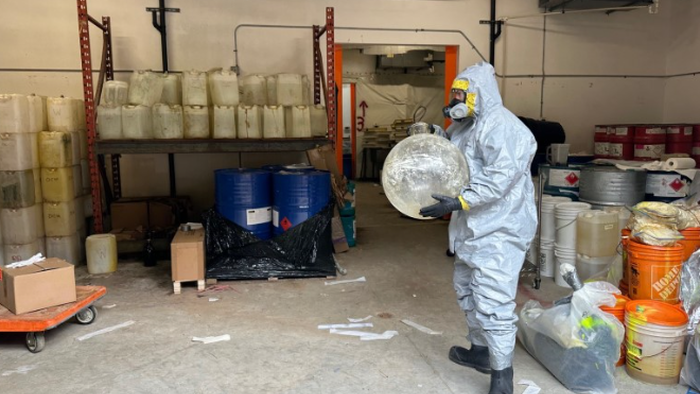President-elect Donald Trump’s declaration of a potential 25% tariff on goods and services from Canada has created significant unrest within Prime Minister Justin Trudeau’s administration. The proposed tariffs are aimed at compelling Canada to take stronger measures against the trafficking of fentanyl and human smuggling across the border. The relationship between Canada and the United States is pivotal, with trade amounting to approximately $926 billion in 2023 alone, highlighting the urgency of addressing Trump’s demands to avoid possible economic repercussions for Canada. Faced with this pressing threat, the Trudeau government unveiled a comprehensive border security initiative that allocates around a billion dollars to enhance security measures along the lengthy 5,525-mile border with the US.
In light of the political pressure exerted by Trump’s transition team, which claims that Trudeau’s new security measures indicate his administration’s struggle to gain credibility, the Canadian government appears to be in a difficult position. Trump’s team pointed out that while he has yet to assume office, he is already making strides toward securing the US border, which only exacerbates the scrutiny and criticism of Trudeau’s leadership. The announcement of the border security plan was intended to address the challenges posed by cross-border crime and the flow of illicit drugs but has only contributed to a rise in calls for Trudeau’s resignation and a drop in his approval ratings. Observers note that the ongoing public discontent suggests that Trudeau’s frequent inability to effectively manage border issues could lead to serious consequences for his political future.
Despite the Canadian government’s efforts, experts have voiced doubts about whether the newly proposed border strategy will be sufficient to placate Trump. David Asher, a prominent figure in US law enforcement who has investigated the fentanyl crisis, criticized the initiative as being inadequate in scope. Speaking on CBC News Network, Asher described the proposed measures as “rather unimpressive” and merely a “drop in the bucket” compared to the extensive challenges facing Canada. He emphasized that fentanyl production, particularly through superlabs established in Canada, poses a much greater threat to the US than what the government’s current plans address.
Asher raised alarm about the involvement of organized crime groups from Mexico, China, and Iran in the fentanyl trade, indicating that these entities are not solely responsible for drug trafficking across the border, but are instead part of a larger, complex criminal network impacting both countries. The implications of the fentanyl epidemic have far-reaching effects, with a significant amount of illicit drugs produced in Canada being smuggled into the United States. The alarming statistics presented by Asher, particularly referring to a major drug bust in Vancouver, highlight the severity of the problem and underline the need for an urgent and robust response from the Canadian government to gain the confidence of their US counterparts.
The current situation poses a critical challenge for the Trudeau administration. While the government’s recent announcements regarding border security may provide some reassurance, the underlying issues associated with organized crime and drug trafficking appear far more extensive than the proposed solutions can address. Citizens are increasingly frustrated with Trudeau’s perceived inaction on these matters, suggesting that prolonged dissatisfaction may deteriorate his political standing. The substantial political implications of these developments, paired with economic risks from potential tariffs, create an atmosphere of uncertainty in Canadian politics.
Given the pressures from both within Canada and externally from the incoming Trump administration, it remains to be seen whether Trudeau’s strategic response will suffice to satisfy US demands. The stakes are notably high, not only for Canada’s economy but also for the future trajectory of Trudeau’s leadership. A united and effective Canadian response may be crucial for maintaining not only trade relations but also the safety and security of both countries. Moving forward, the focus will be on whether Canada can implement comprehensive strategies that effectively address the complex challenges posed by fentanyl production and trafficking, as well as safeguard its economic interests amidst external pressures.

